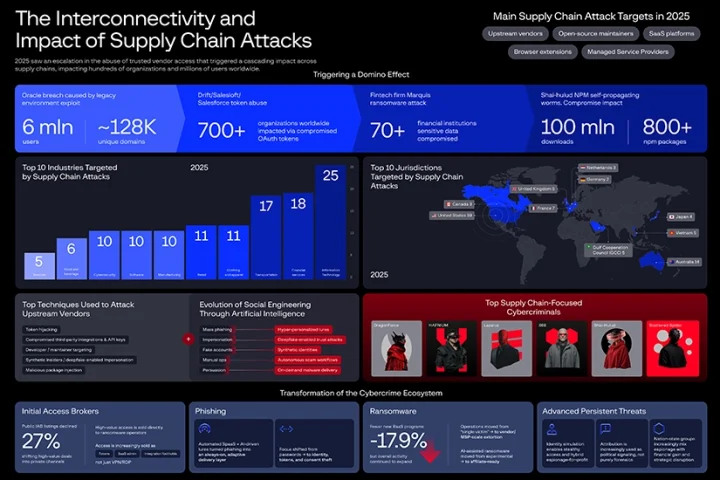Centrify is making significant enhancements to its best-in-class privileged identity management (PIM) solution to stop breaches that abuse privilege. By minimizing the attack surface and controlling privileged access to the hybrid enterprise, Centrify’s new capabilities enable organizations to move from static, long-lived privilege assignments to a just-in-time model where advanced monitoring detects and alerts in real-time on the creation of backdoor accounts that make it easy to bypass a password vault.
Securing privileged access in today’s hybrid enterprise is mandatory in achieving a mature risk posture. According to the The Forrester Wave: Privileged Identity Management, Q3 2016, 80 percent of breaches leverage privileged credentials to gain access to the organization. The increasingly hybrid nature of infrastructure, driven by the adoption of cloud-based workloads, is driving the need to secure privileged access across on-premises, private-cloud and public cloud infrastructure and apps with a single solution. And while most PIM solutions have traditionally focused on vaulting the credentials for shared accounts on-premises, password vaults alone do not provide the level of privileged access security required to stop the breach.
“Data breaches are happening at an alarming rate and to stop them Centrify is taking a unique approach to controlling privileged access in the hybrid enterprise that simplifies the implementation of PIM best practices and strengthens an organization’s risk posture,” said Kamel Heus, regional manager – MEA, Centrify.
“By contrast, password vaults alone are not enough, best practices require organizations add and integrate point products to the vault, which leaves gaps in security and increases risk. We’ve closed those gaps with an integrated solution that combines password vaulting with brokering of identities, MFA enforcement and just-enough privilege, all while securing remote access and monitoring all privileged sessions,” he added.

















